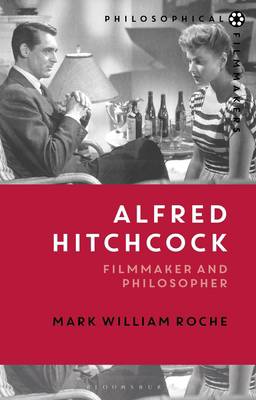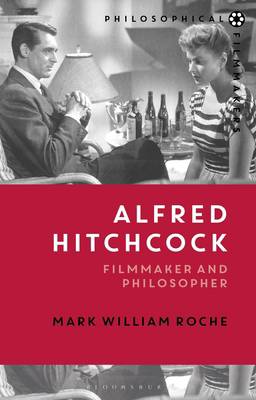
- Afhalen na 1 uur in een winkel met voorraad
- Gratis thuislevering in België
- Ruim aanbod met 7 miljoen producten
- Afhalen na 1 uur in een winkel met voorraad
- Gratis thuislevering in België
- Ruim aanbod met 7 miljoen producten
Omschrijving
Hitchcock was a masterful director, popular with audiences of all ages and critically acclaimed both during and after his unusually long career. What may have been sensed by many viewers but not fully articulated until now is the extent to which his works subtly engage philosophical themes: What is evil, and how does it shield and reveal itself? Can we know what is inside the mind of another person? What is at stake when one knows the truth but cannot speak of it or cannot persuade others? How is Hitchcock's loving critique of humanity manifested in his films? Why are Hitchcock's works so often ambiguous? What is the hidden purpose and theory behind his use of humor?
Hitchcock employs cinematic techniques-from camera angles and use of light to editing and sound-partly to convey suspense and drama but also to engage and advance philosophical issues, ranging from identity crises to moral ugliness. Roche unlocks Hitchcock's engagement with philosophical themes, and he does so in a way that appeals to both the novice and the seasoned philosopher, as well as enthusiastic admirers of Hitchcock's films.Specificaties
Betrokkenen
- Auteur(s):
- Uitgeverij:
Inhoud
- Aantal bladzijden:
- 216
- Taal:
- Engels
- Reeks:
Eigenschappen
- Productcode (EAN):
- 9781474221313
- Verschijningsdatum:
- 14/07/2022
- Uitvoering:
- Hardcover
- Formaat:
- Genaaid
- Afmetingen:
- 140 mm x 216 mm
- Gewicht:
- 399 g

Alleen bij Standaard Boekhandel
Beoordelingen
We publiceren alleen reviews die voldoen aan de voorwaarden voor reviews. Bekijk onze voorwaarden voor reviews.












